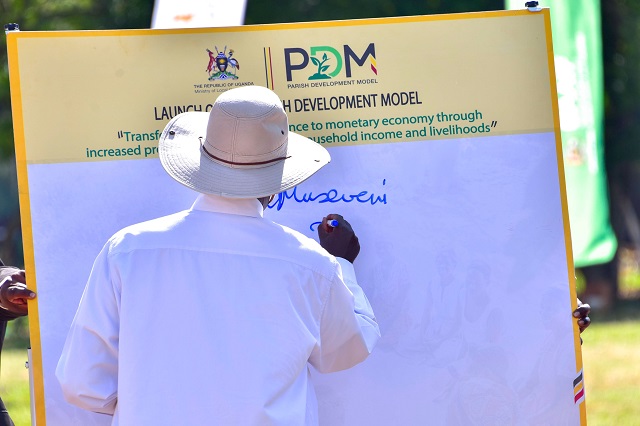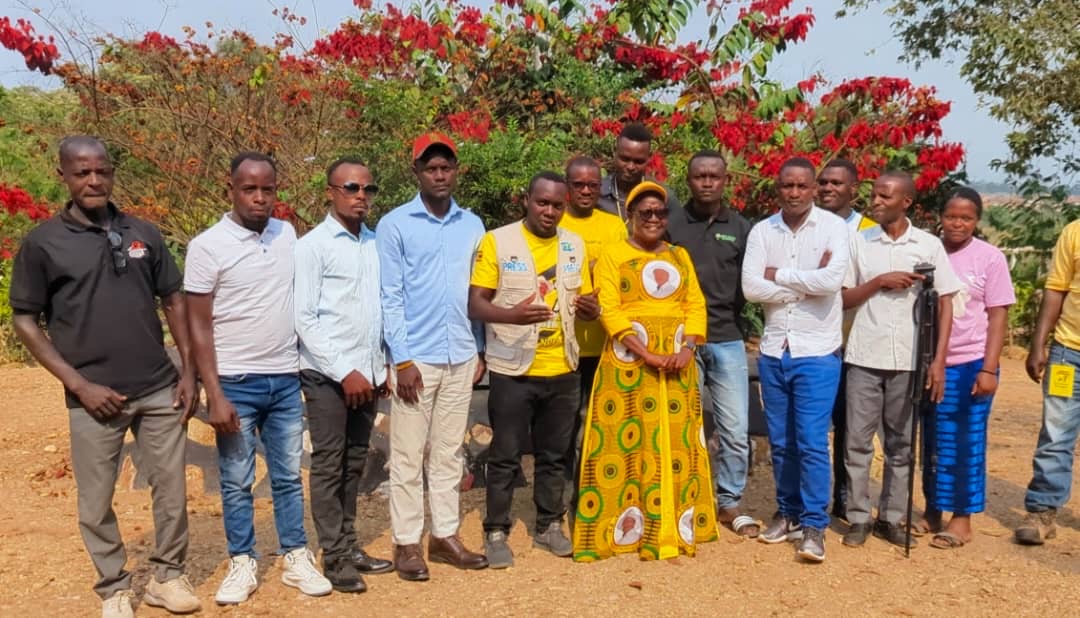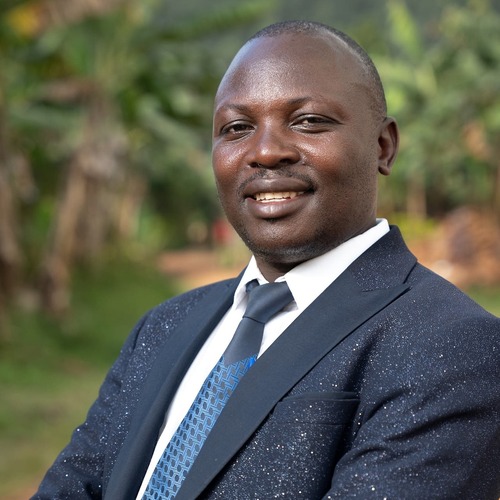
No More PDM Cash Without Training: Govt Tightens Rules for Beneficiaries

To enhance accountability and prevent mismanagement, Ugandan authorities have temporarily halted the allocation of Parish Development Model (PDM) funds to beneficiaries who have not completed the required training sessions. This decision has sparked discussions in Apac District and beyond, with stakeholders evaluating its potential benefits alongside the challenges of implementation.
During a session held at Scouts Hall in Apac on Tuesday, Apac Municipality’s Production and Marketing Officer, Ms. Anna Grace Akite, announced that access to these funds now depends on participants attending mandatory workshops and obtaining a completion certificate. “As per the updated protocols, training is non-negotiable for all involved. We will only proceed with payments once a certificate has been issued,” Ms. Akite stated. She explained that this measure aims to promote better financial discipline, enhance business skills, and reduce instances of fund diversion.
To support this initiative, each PDM Savings and Credit Cooperative Organisation (SACCO) must establish a dedicated Practical Training Centre, overseen by locally hired Community-Based Facilitators (CBFs) at the parish or ward level.
Local officials have responded to the policy in varying ways. Ms. Molly Atim, who leads Teniang Cell in Temogo Ward, Arocha Division, praised the initiative as a step toward greater responsibility and skill-building. “Past distributions caught many off guard without solid strategies. Effective training could genuinely equip people to sustain their ventures,” she commented.
Conversely, Mr. Tom Ogwal Inomo, chairperson of Ongoda Cell in Bung Ward, Atik Division, expressed concerns about potential bottlenecks. “It’s true that some funds were mishandled before. However, adding extra hurdles might deter those who genuinely need assistance and are already facing hardships,” he pointed out.
Introduced in 2022, the PDM initiative aims to transition approximately 3.5 million families from basic farming to commercial activities, allocating up to Shs 100 million per parish via SACCOs. Ongoing challenges such as fraud, inadequate supervision, and improper use of funds—like spending on motorcycles, education, or unrelated expenses—have led to the government’s stricter measures.
Officials from the Ministry of Local Government and the Ministry of Finance describe the training requirement as a crucial component of ongoing reforms to improve the program, strengthen oversight, and ensure that resources genuinely uplift community living standards.













